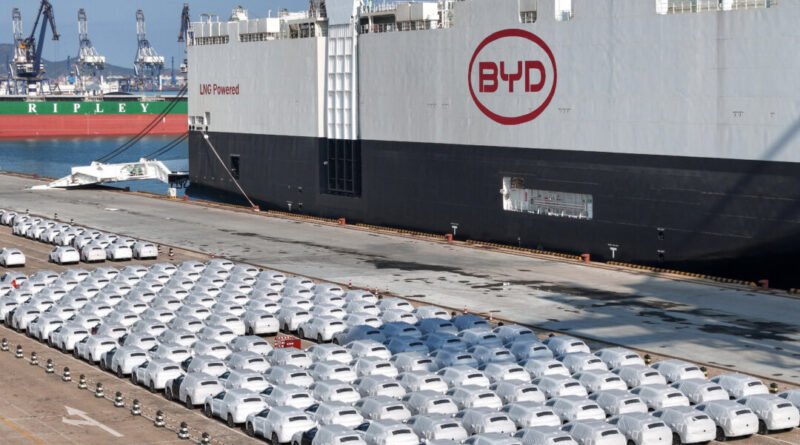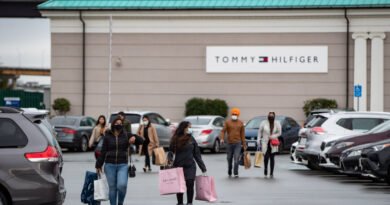EU Chief von der Leyen Issues Warning to Prevent China from Overwhelming EV Market
Experts believe that a structural issue underlies the trade dispute between China and the EU.
European Commission President Ursula von der Leyen stated in Berlin on May 8 that Europe must prevent China from inundating the EU market with its heavily subsidized electric vehicles.
She emphasized the need for fair competition, expressing concern over China’s flood of heavily subsidized electric cars in the EU market. Von der Leyen urged for protection of the EU industry during the Christian Democrats’ party convention.
Von der Leyen also called for unity among EU countries against economic threats and encouraged all EU finance ministers to work together to finalize the long-discussed capital markets union, which could potentially result in increased investments in start-ups and SMEs.
The European Commission initiated an investigation in October 2023 to determine if Chinese-made electric vehicles were receiving substantial subsidies from the Chinese communist regime. The investigation is set to conclude in November, with the EU possibly imposing provisional anti-subsidy duties in July.
On May 6, after discussions with Chinese Communist Party (CCP) leader Xi Jinping in Paris, Von der Leyen and French President Emmanuel Macron announced their readiness to employ all available trade tools to safeguard the EU economy if fair market access was not provided by China for European companies.
Von der Leyen called on China to address “structural overcapacity” and criticized the CCP’s massive support for its manufacturing sector, noting that the world cannot absorb China’s surplus production.
Various experts shared their opinions on the matter, emphasizing the seriousness of the threat posed by Chinese electric vehicles to the European economy and industry, primarily due to China’s subsidy policy.
Structural Problem
They highlighted the necessity for the EU to address China’s unfair competition in the electric vehicle and automobile industries and to consider punitive tariffs on Chinese imports. The constant emphasis on China’s overcapacity and dumping of electric vehicles in Europe reveals deeper concerns over China’s structural issues.
As efforts are made to reduce dependence on China and align more with U.S. trade guidelines, EU leaders continue to express concerns over the structural problems in China. Until these issues are addressed, disagreements in trade and economy between China and the EU are likely to persist and escalate.
In a related development, South Korea’s Ministry of Trade, Industry, and Energy announced plans to provide significant state financing to the local electric vehicle battery industry to establish its own supply chain, distancing itself from China and aligning more with U.S. trade policies.
Contributions by Luo Ya and Reuters were included in this report.



